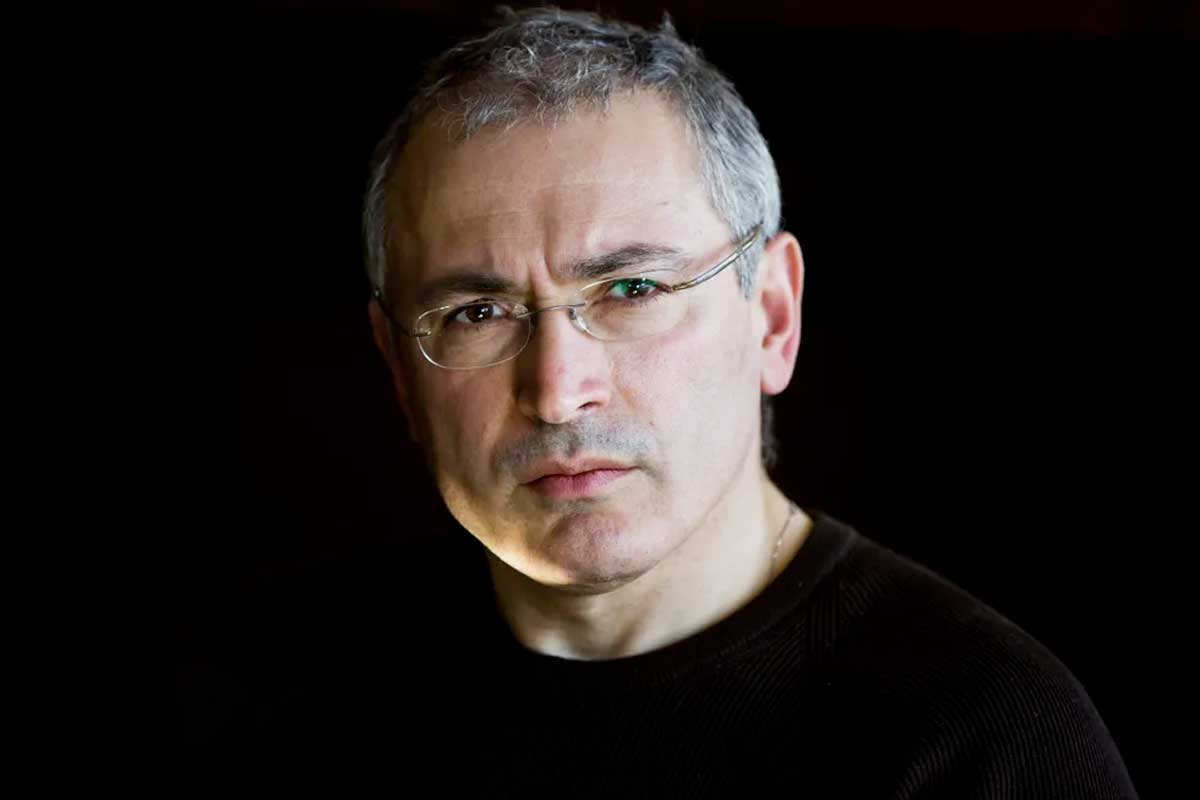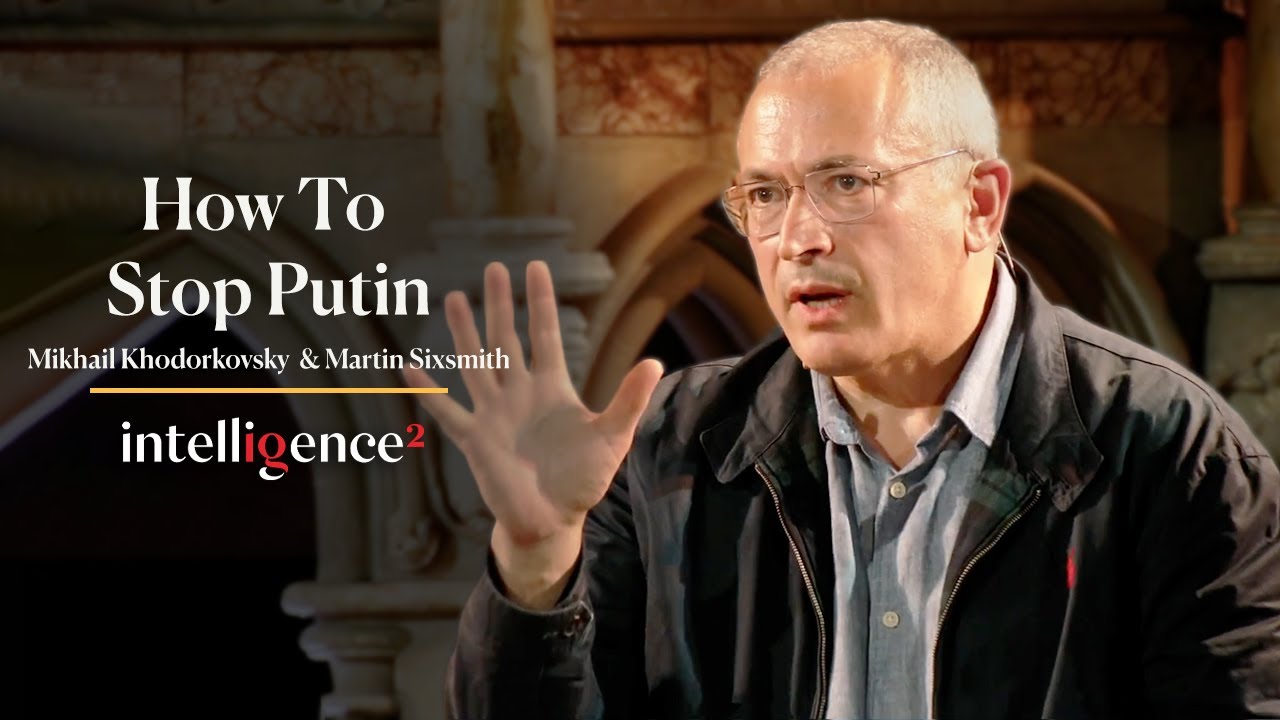Newsletters / Mikhail Khodorkovsky: How Do You Slay a Dragon?
“When regime change becomes possible, the country will need a ready-made plan of action. In my book How Do You Slay a Dragon? I offer this plan – a detailed breakdown of the steps that can lead us to that bright future.”
Mikhail Khodorkovsky: https://youtu.be/bi7H-EHw3dE
Mikhail Khodorkovsky has recently published two books offering interesting ideas on post-Putin Russia. You may already be familiar with his English language book, The Russian Conundrum, published by Penguin in September. His second book, entitled How Do You Slay a Dragon? (Как убить дракона?) will be published in Russian only.
How Do You Slay a Dragon? with the subtitle A Manual for Start-Up Revolutionaries, was translated into English by Stephen Dalziel and is available to read and download here: https://dragonbook.khodorkovsky.com/en/.
Stephen has also done an introduction to the book in which he describes it not just another book about Russia’s history, but practical philosophy:
“Khodorkovsky is one of the most astute observers of today’s Russia. He’s known the best and the worst of the country. He’s discussed the country’s future with Putin himself, and with fellow inmates in prison. And like many Russians who now live abroad, he longs for the day when he can return to his country; when it’s a free, democratic country. He is a true Russian patriot.
Khodorkovsky has a deep appreciation of the cyclical nature of Russian history. A revolution against an autocracy has produced…another autocracy…followed by another revolution …followed… If Russia is to find its place as a contributor to global civilisation as it is capable of doing, then this vicious circle has to be broken.
How Do You Slay a Dragon? is not just another book about Russia’s history. Some may consider it as political science; others as a manifesto for true Russian democrats. In some ways, it is both. But first and foremost, it could be described as a work of practical philosophy. Why? The clue is in the title of the final chapter: The Moral Choice: Justice or Mercy?”
From the book:
“I am absolutely convinced that revolution in Russia is inevitable and that it’s desperately needed. This doesn’t alter my extreme dislike of revolutions in principle, nor my deep regret that Russia has gone so far down an historic dead-end that the only possible way out is through a revolution. Any revolution represents a trial for a society, even when it brings with it a wonderful future. At the same time, a revolution does not necessarily mean street battles, storming buildings, seizing post-offices, bridges and the telegraph office. Such events are not indicative of a revolution but of an uprising. Yes, such incidents often accompany a revolution, but they are not essential and, what’s more, are not the main component of a revolution.”
Some short “reviews”:
For those who criticise the Russian opposition for not having a reform plan, I recommend Mikhail Khodorkovsky’s book: ‘How Do You Slay a Dragon?’ You can argue and disagree, but this book offers a vision for the future. Unlike Putin.
Sergei Guriev, economist
Anyone with the slightest interest in the future of Russia is absolutely doomed to be guided by ‘How do you slay a dragon?’
Dmitry Bykov, writer
The image (from MBK’s book) is much closer to me than the image of Eurasia perpetually at war with Oceania, so that the new elite can endlessly turn power into money and vice versa.
Vladimir Pastukhov, political scientist
In chapter 6 of Khodorkovsky’s book (the one about the end of the war) it clearly shows the bottomless abyss into which Putin has pushed Russia. Can it climb out of it? And, if so, at what cost?
Rustem Adagamov, blogger
In the media:

Meduza: “Unfortunately, we’ve seen a thief turn into a bloodsucker” Mikhail Khodorkovsky’s interview about what will happen to Russia after Putin (and whether it will exist at all) and about his new book HOW DO YOU SLAY A DRAGON? A Manual for Start-Up Revolutionaries

